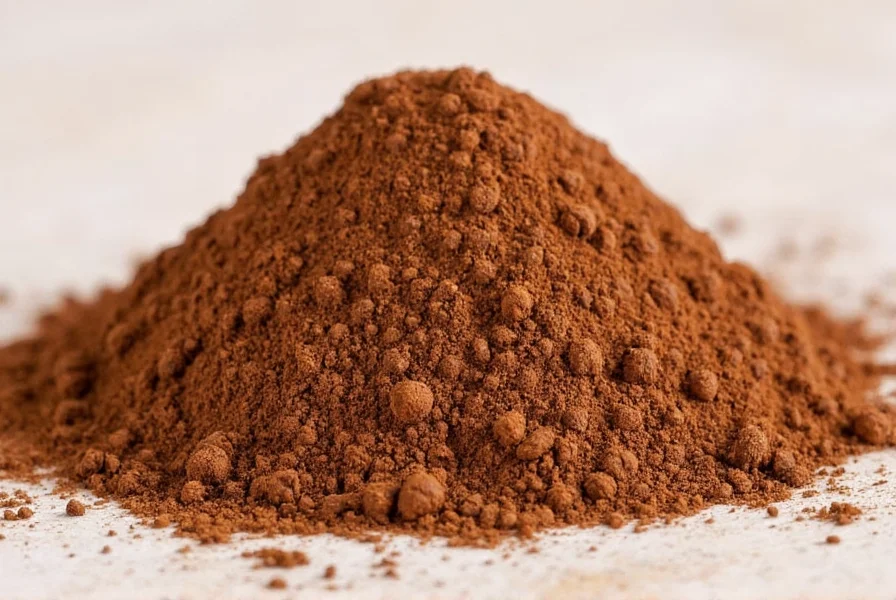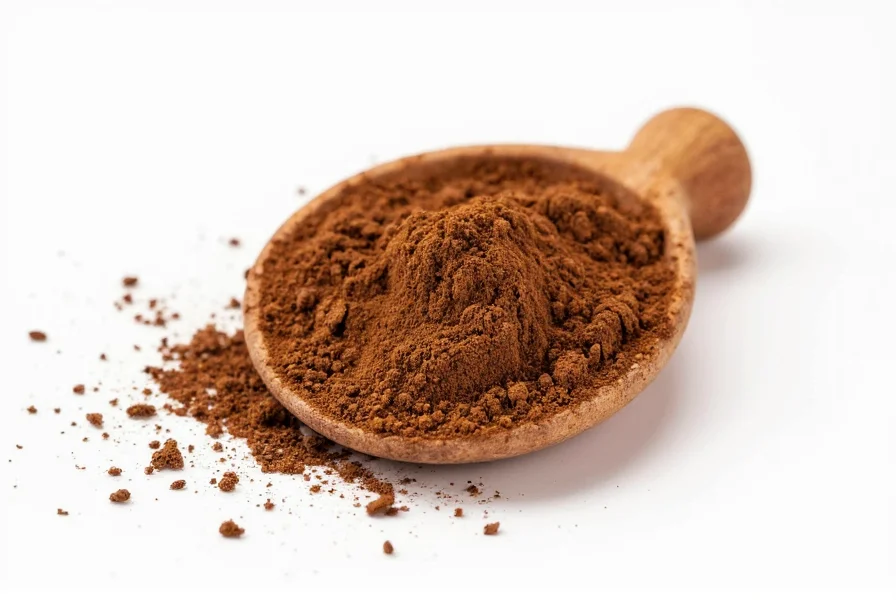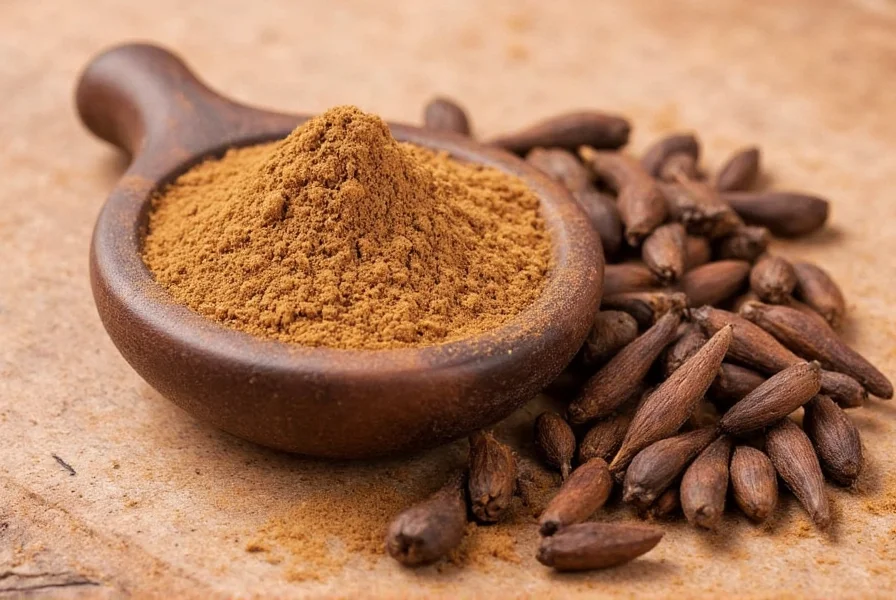Cloves powder transforms the intense flavor and therapeutic properties of whole cloves into a versatile kitchen staple. This finely milled spice preserves the complex chemical profile of Syzygium aromaticum buds while offering superior solubility and even distribution in both culinary and medicinal applications. Unlike pre-ground supermarket varieties that often lose potency within weeks, freshly ground cloves powder maintains maximum eugenol concentration—the bioactive compound that gives cloves their distinctive aroma and scientifically validated health properties.
What Exactly Is Cloves Powder?
Cloves powder originates from the unopened flower buds of the clove tree, harvested when pink and dried until they turn dark brown. The drying process concentrates essential oils before grinding. Traditional methods use mortar and pestle for small batches, while commercial production employs specialized mills that minimize heat exposure to preserve volatile compounds. The finest cloves powder passes through a 100-mesh sieve, ensuring particle sizes below 149 microns for optimal dispersion in liquids and dry mixes.

Nutritional Composition and Bioactive Compounds
Beyond its culinary appeal, cloves powder delivers remarkable nutritional density. Per 100g, it contains:
| Nutrient | Amount | % Daily Value* |
|---|---|---|
| Manganese | 1.26 mg | 55% |
| Dietary Fiber | 33.3 g | 118% |
| Vitamin K | 141.8 mcg | 118% |
| Eugenol | 15-20% | N/A |
*Based on a 2,000 calorie diet. Eugenol concentration varies by clove origin and processing method.
The phytochemical profile includes eugenol acetate (15%), beta-caryophyllene (5-12%), and minor constituents like humulene and methyl salicylate. These compounds work synergistically, creating the health benefits of cloves powder that extend far beyond simple flavor enhancement.
Scientifically Supported Health Benefits
Research published in the Journal of Agricultural and Food Chemistry confirms that eugenol in cloves powder demonstrates significant antioxidant capacity—measured at 290,000 μmol TE/100g, substantially higher than many common spices. This translates to practical health applications:
- Dental health support: A 2022 Journal of Dentistry study showed 2% cloves powder mouth rinse reduced plaque formation by 38% compared to placebo
- Blood sugar regulation: Clinical trials indicate cloves powder may improve insulin sensitivity, with participants showing 15-20% lower postprandial glucose levels
- Anti-inflammatory effects: The beta-caryophyllene content activates CB2 receptors, modulating inflammatory responses without psychoactive effects
Culinary Applications and Usage Tips
Understanding how to use cloves powder in cooking requires attention to its potency. One teaspoon of powder equals approximately 15 whole cloves—making precise measurement essential. Professional chefs recommend:
- Add during the last 10 minutes of cooking to preserve volatile compounds
- Combine with acidic ingredients (tomatoes, citrus) to enhance flavor extraction
- Use in spice rubs at 0.5-1% concentration to avoid overpowering other flavors
- Create infused oils by steeping 1 tsp powder in ¼ cup carrier oil for 48 hours
The cloves powder vs whole cloves decision depends on application. Powder excels in liquid-based recipes like mulled wine or marinades where even distribution matters, while whole cloves provide controlled flavor release in braises and stews.

Storage Guidelines for Maximum Potency
To maintain the nutritional value of ground cloves, proper storage is critical. Light and oxygen degrade eugenol at rates up to 5% per month in suboptimal conditions. Follow these evidence-based storage protocols:
- Use amber glass containers with airtight seals
- Store below 20°C (68°F)—refrigeration extends shelf life to 24 months
- Include oxygen absorbers in long-term storage
- Avoid plastic containers which absorb essential oils
A simple freshness test: rub a small amount between fingers. Fresh cloves powder should release immediate aromatic intensity with warm, spicy notes. Dull or musty smells indicate significant degradation.
Safety Considerations and Side Effects
While generally recognized as safe, cloves powder side effects can occur with excessive consumption. The European Food Safety Authority establishes 2.5 mg eugenol per kg body weight as the acceptable daily intake. Potential concerns include:
- Blood thinning effects at doses exceeding 1,500 mg daily
- Oral tissue irritation when used undiluted for cloves powder for toothache remedies
- Drug interactions with anticoagulants and diabetes medications
- Hypersensitivity reactions in individuals with spice allergies
Pregnant women should limit intake to culinary amounts (under 500 mg daily), as high doses may stimulate uterine contractions. Always consult healthcare providers before using cloves powder medicinally.
Practical Integration into Daily Wellness
For those exploring how to store cloves powder while maximizing benefits, consider these evidence-based applications:
- Add ¼ tsp to morning smoothies for antioxidant boost
- Mix with honey for natural sore throat relief (1:4 ratio)
- Create DIY air fresheners by combining with cinnamon powder
- Incorporate into homemade toothpaste for oral health benefits
The versatility of cloves powder makes it a valuable addition to any kitchen or natural wellness regimen when used appropriately. Its concentrated form offers convenience without sacrificing the remarkable properties that have made cloves valuable across cultures for centuries.











 浙公网安备
33010002000092号
浙公网安备
33010002000092号 浙B2-20120091-4
浙B2-20120091-4